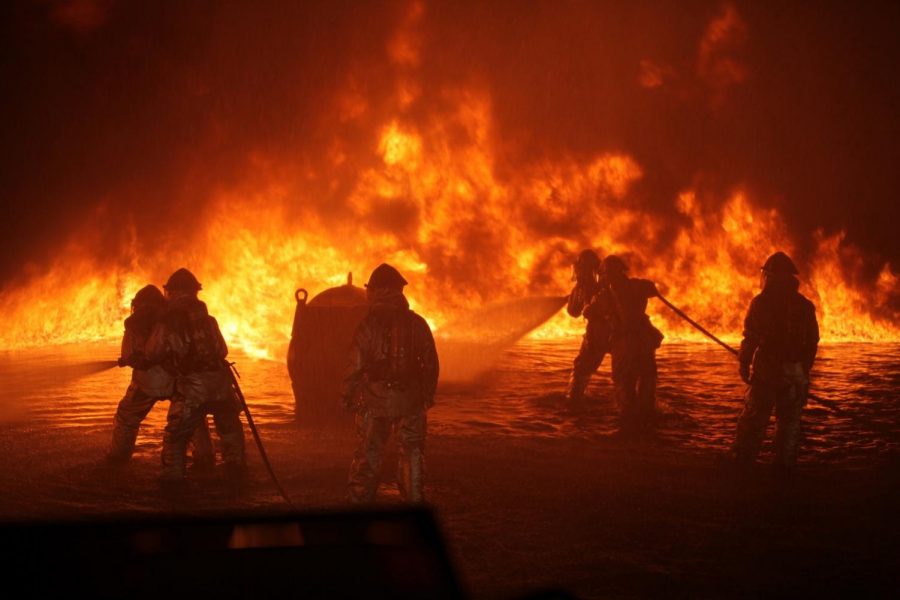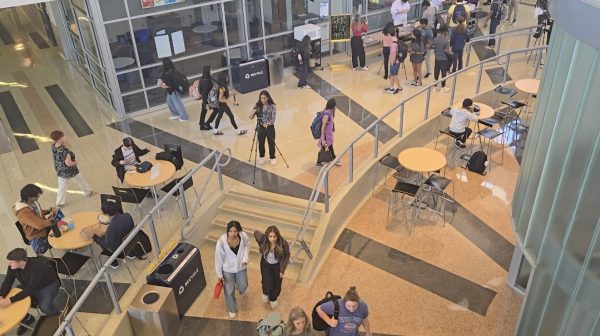Global Warming: What You Need To Know
Most everyone in this day and age has heard of global warming, the increase in average temperature around the world causing many environmental problems as described by the National Resource Defense Council (NRDC). Here are some things you need to know about its effects and what you can do.
“Over the past 50 years, the average global temperature has increased at the fastest rate in recorded history,” the NRDC states. This rise in global temperature, which is far quicker than anything seen before 2000, defines global warming. It is caused by carbon dioxide (CO2) and other air pollutants and greenhouse gases collecting in the atmosphere, which trap the heat and cause the planet to get hotter. Some sources of this phenomenon, also known as the greenhouse effect, include the burning of fossil fuels to make electricity, and the carbon pollution from the transportation sector. This rise of global warming undoubtedly has many negative impacts on the environment.
“The researchers concluded that concurrent disasters will get more and more common as the Earth gets hotter,” one NPR podcast says. These concurrent disasters reflect the consequences of global warming and climate change. For example, as the ice in Antarctica melts at an increasingly faster rate, sea levels will rise several meters and cause more dramatic water shortages and coastal flooding. Also, heat waves and heavy downpours will arrive, affecting the ways of life of forests, farms, and cities, such as agriculture and fisheries. Other repercussions include disruption of habitats and more common allergies and disease outbreaks.
Examples of these natural disasters have occurred numerous times, especially in recent times. California, for instance, has been the victim of many deadly and damaging fires, one of which is happening right now. The Zogg fire, as stated by the Los Angeles Times, started Sunday, and has slowly moved to consume over 40,000 acres of land in Northern California’s Shasta County. Australia has also been subject to many bushfires these past two years, with more than 46 million acres burned and 34 deaths between June 2019 and March 2020 according to the Center of Disaster Philanthropy. Additionally, many hurricanes have also been caused by global warming, such as Hurricane Isaias. This hurricane lasted from July 30th – August 5th, and caused extensive damage in the Carribean and the U.S. East Coast, including at least five deaths. However, some of these can be avoided or minimized in the future if certain preventive measures are taken.
“But in order to avoid the worst effects of climate change, we need to do a lot more—together with other countries—to reduce our dependence on fossil fuels and start using clean energy instead,” the NRDC explains. In order to battle the unwanted outcomes of global warming, everyone can play a part in helping, no matter how big or small. Companies and power plants such as the US Environmental Protection Agency are pledging to reduce carbon pollution by decreasing fossil fuel use and utilizing clean power sources such as solar power and windmills. One hundred and ninety-five countries also agreed to pollution-cutting provisions. For the public, however, they can also do environmentally friendly things in their everyday lives, such as using energy-conserving appliances, reducing transportation emissions by buying more energy-efficient transportation, or invest in renewable energy sources. Every individual can play their part in order to reduce global warming and its consequences as much as possible.
“Climate change and its impacts are not the future. They are now,” fire scientist Crystal Kolden concludes.

Hi! My name is Uswa Saeed. I'm currently a 12th grader at Centennial High School, and this is my third year writing for Cen10 News. Writing has always...







